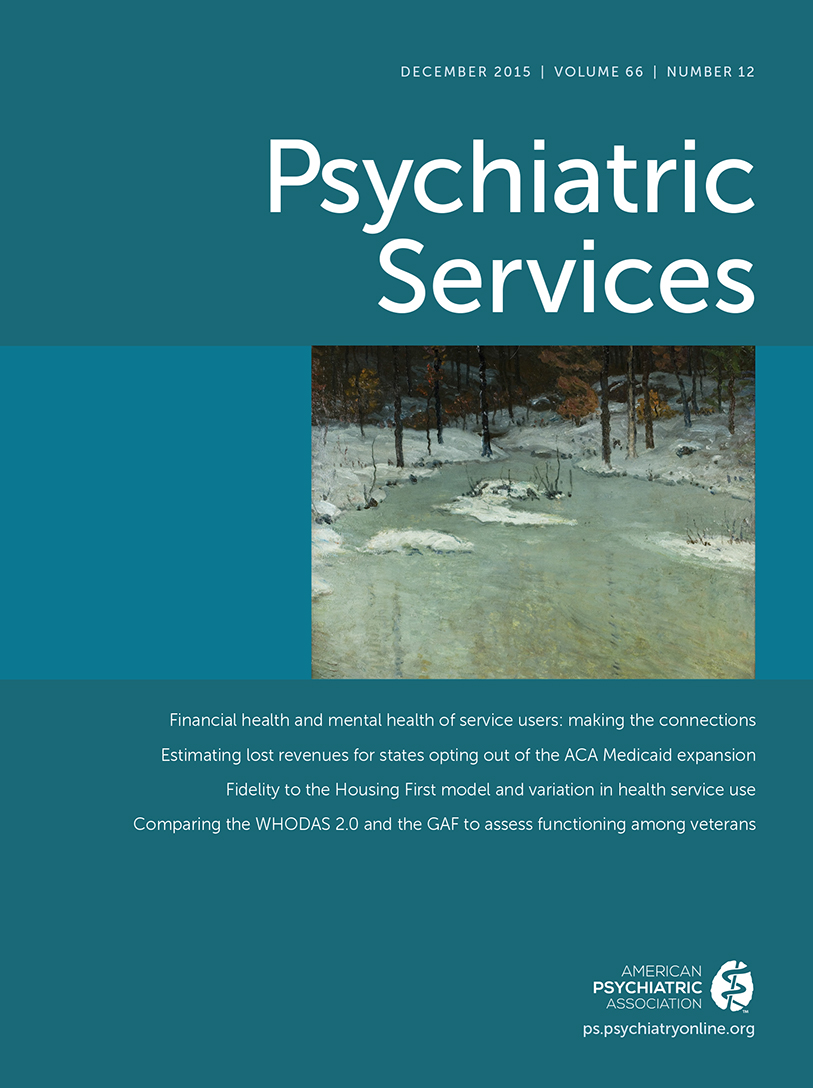Barriers to Employment Among Social Security Disability Insurance Beneficiaries in the Mental Health Treatment Study
Abstract
Objective:
This study examined barriers to employment among Social Security Disability Insurance (SSDI) beneficiaries who received comprehensive vocational and mental health services but were not successful in returning to work.
Methods:
This study examined barriers to employment among 430 SSDI beneficiaries with mental disorders who received evidence-based vocational and mental health services for two years but worked less than one month or not at all. Comprehensive care teams, which included employment specialists, made consensus judgments for each participant, identifying the top three barriers to employment from a checklist of 14 common barriers.
Results:
Teams most frequently identified three barriers to employment: poorly controlled symptoms of mental illness (55%), nonengagement in supported employment (44%), and poorly controlled general medical problems (33%). Other factors were identified much less frequently.
Conclusions:
Some SSDI beneficiaries, despite having access to comprehensive services, continued to experience psychiatric impairments, difficulty engaging in vocational services, and general medical problems that limited their success in employment.



